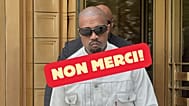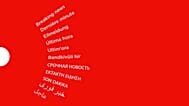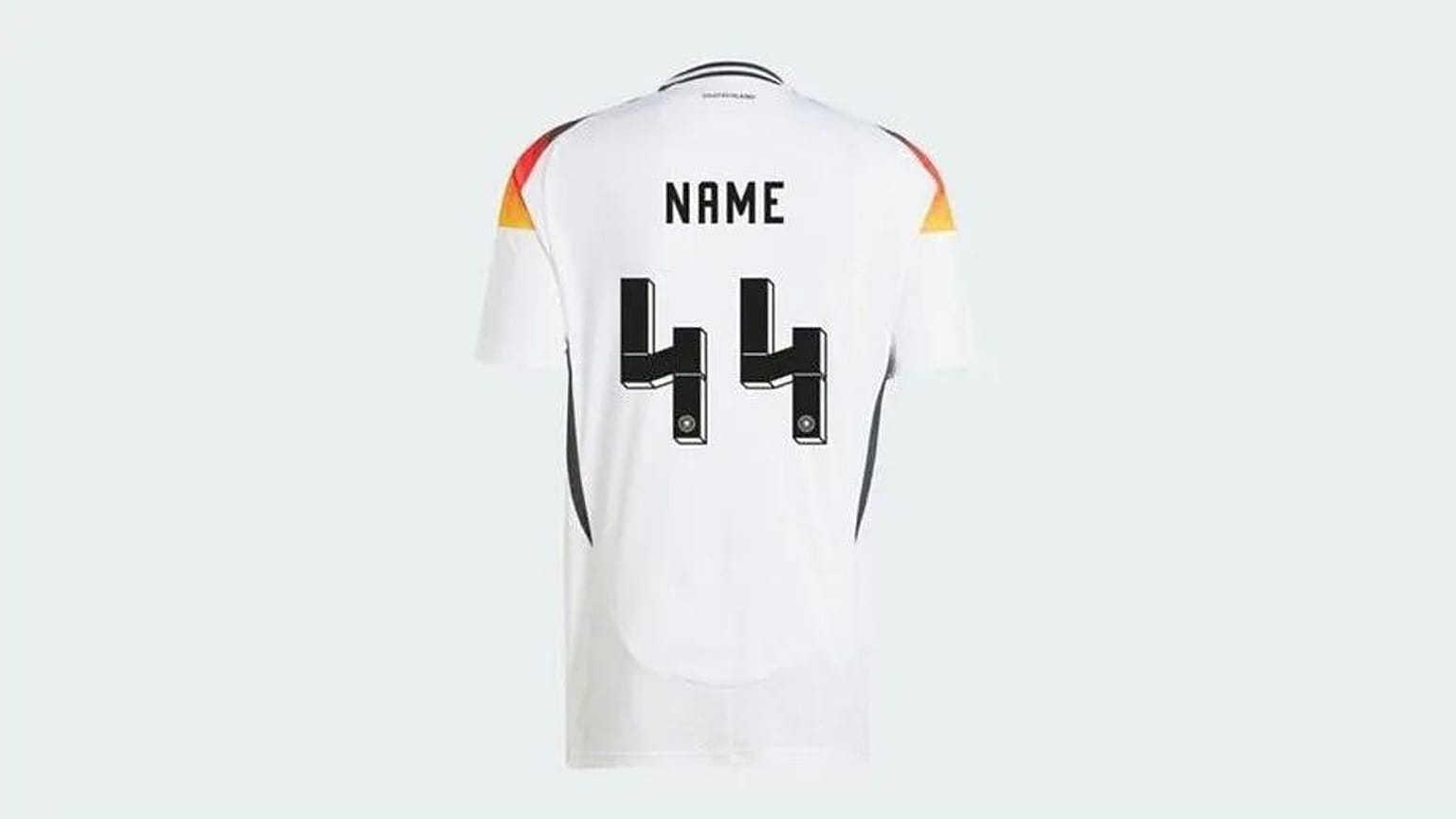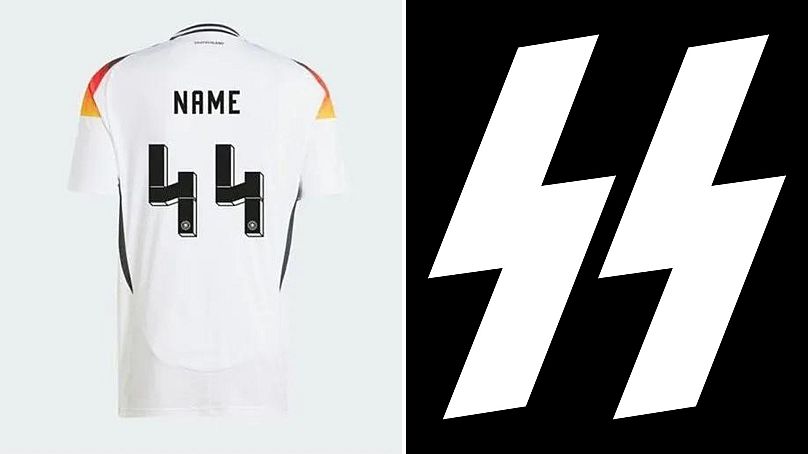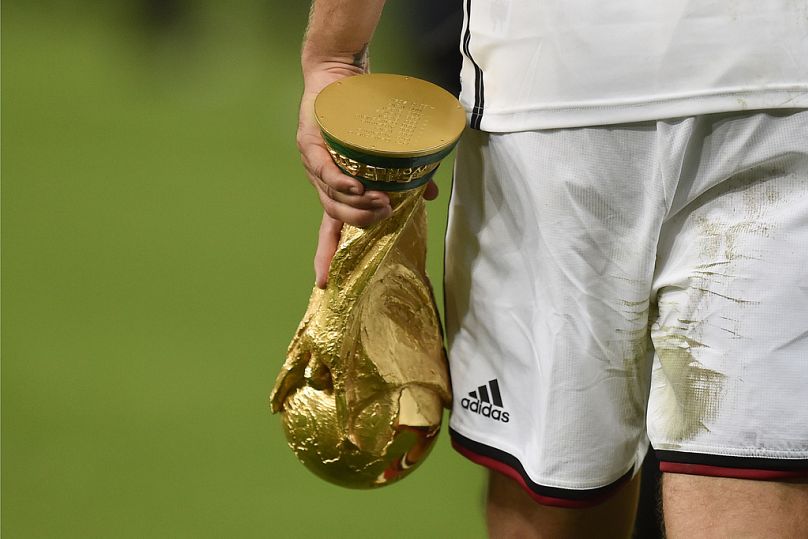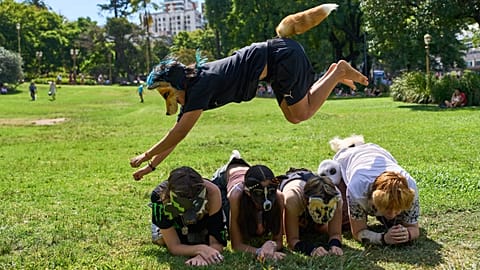The moves to withdraw shirts with number 44 came after it was pointed out that the two fours together resembled the stylized SS used by the Nazi Party’s Schutzstaffel group.
The German Football Federation and Adidas have stopped the sale of Germany football shirts featuring the number 44 due to its resemblance to the logo of the Nazi Party’s notorious SS paramilitary units.
 ADVERTISEMENT
ADVERTISEMENT
 ADVERTISEMENT
ADVERTISEMENT
Adidas announced on Monday the suspension of personalised shirt options with names and numbers, while the federation stopped the distribution of shirts bearing the number 44 from its online store and is actively seeking an alternative design for the number 4.
The decision came after social media users pointed out the resemblance to the now-banned symbol in Germany.
“None of the parties involved saw any proximity to Nazi symbolism in the development process of the jersey design,” the federation said on X.
Who was responsible for the kit design?
Adidas spokesman Oliver Brüggen told news agency dpa that the federation and 11teamsports were responsible for the design of the names and numbers on the shirts.
“People from around 100 countries work at Adidas. Our company stands for the promotion of diversity and inclusion, and as a company we actively campaign against xenophobia, antisemitism, violence and hatred in all forms,” Brüggen said.
He added: “Any attempts to promote divisive or exclusionary views are not part of our values as a brand" and that Adidas “strongly rejects any suggestions that this was our intention.”
England's new football shirt has also recently sparked controversy due to Nike's decision to alter the traditional red and white St. George's Cross by adding purple, red, and blue horizontal stripes.
The change, introduced ahead of the UEFA European Championships in Germany, has drawn significant backlash. Critics argue that it undermines national traditions and accuse Nike of engaging in a "woke" conspiracy to virtue signal and promote progressive causes through the design.
Despite Nike's explanation that it's a "playful update" inspired by England's 1966 World Cup training kit, the controversy has resulted in petitions and bipartisan criticism from political leaders such as Conservative Prime Minister Rishi Sunak and Labour leader Keir Starmer.
Farewell to 70 years of Adidas
In other news, the German Football Association recently announced that Nike would be replacing Adidas as the official kit supplier of its national teams from 2027 until 2034.
The new deal brings an abrupt end to a partnership spanning more than seven decades between the men's team and Adidas, during which they secured four World Cup victories.
In a statement, DFB President Bernd Neuendorf expressed that the partnership with Adidas had been invaluable to German football and that the association was "fully committed" to achieving continued success together until the contract's expiration at the end of 2026.
“Nike made by far the best economic offer and also impressed with its substantive vision, which includes a clear commitment to the promotion of amateur and grassroots sports as well as the sustainable development of women’s soccer in Germany," DFB chief executive Holger Blask said.



